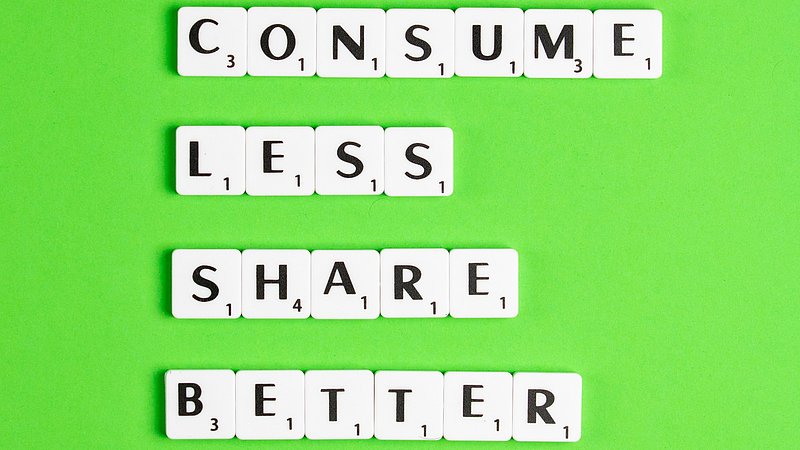Aachen - the home of our project management university, the RWTH - is actually an ordinary city: small stores and boutiques line the cobbled streets of the old town, Christmas decorations are already hanging in the shop windows and large fashion chains like H&M are also there. But recently, Aachen has been distinguished by something that makes it almost alone in Germany and is still a rarity even in Europe: it has recently become a "Circular City".
Aachen joins 60 other cities across Europe in ensuring that a circular economy does not remain an abstract construct that scientists talk shop about, but rather a concrete roadmap for sustainable in as many interfaces of the supply chains as possible. Because one thing is clear: Nowhere is the need and, at the same time, the potential for change as great as in cities. "Cities are the largest consumers of energy and materials, but at the same time they offer an opportunity to manage resources better and efficiently," says the website of the EU initiative Circular Cities Declaration (CCD). But what does that actually mean in practice?
Well, every city has different prerequisites and different players. The approaches to implementing a circular economy are as varied as the starting points. But in order to understand what steps individual cities can take independently of instructions from higher institutions such as the state or the EU, we first need to take a brief look at the question: what actually characterizes a circular economy?
As explained in our blog post from October 26, the core element of a circular economy is an intelligently designed product. In this context, intelligent means that raw materials are selected and further processed in such a way that the product not only lasts as long as possible, but can also be (almost) completely broken down into its components and recycled at the end of the respective "life cycle". The striking difference to the linear economy is therefore that, from an economic-industrial perspective, products do not lose value, but retain it - or can even increase it. If we look at the example of plastic, this also means designing plastic packaging that is biodegradable. This is the only way to guarantee that the plastic will not be incinerated afterwards or (after all!) end up in inferior products when recycled.
But back to the "Circular City". If you take a closer look at the demands of the CCD, it becomes clear which "potential of the cities" is meant. The statement says: "Local and regional governments manage a number of key sectors in urban areas, such as mobility and waste management, and are ultimately responsible for controlling land use and urban planning. Their public procurement and investment budgets can also play a key role in driving demand for circular products and services."
In this transformation process, it is not only the city administration or government that is called upon, but all the "organs" of a city: citizens, companies and research institutions. "This means in practice fostering business models and economic behavior which decouple resource use from economic activity by maintaining the value and utility of products, components, materials and nutrients for as long as possible." And as urgent as this process is, it also brings many benefits to the residents of each city: "Through this transition, cities seek to improve human well-being, reduce emissions, protect and enhance biodiversity, and promote social justice, in line with the Sustainable Development Goals."
Is your city already part of the Circular Cities Declaration? There are still only a few cities involved, but everyone can bring the issue to the attention of local politicians in their city - and thus contribute to a rapid change in thinking, even away from their own consumption.


